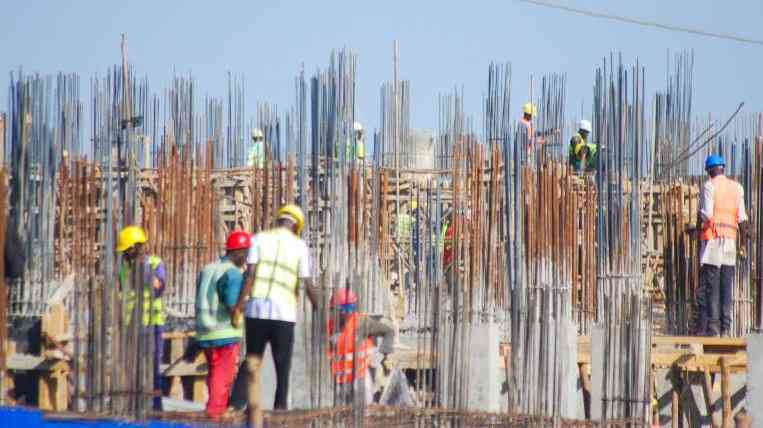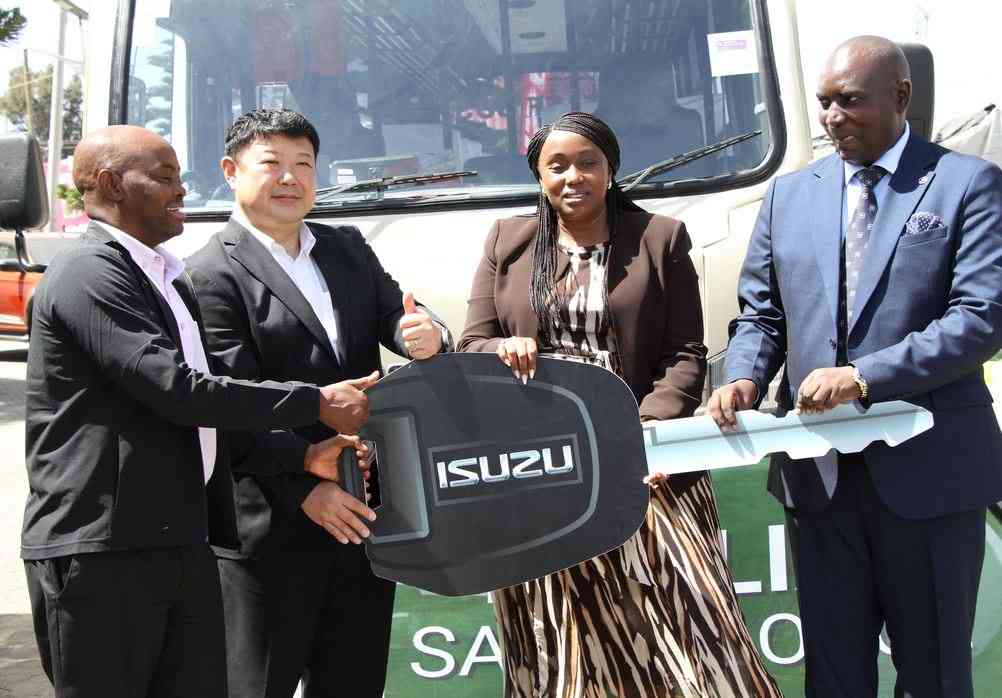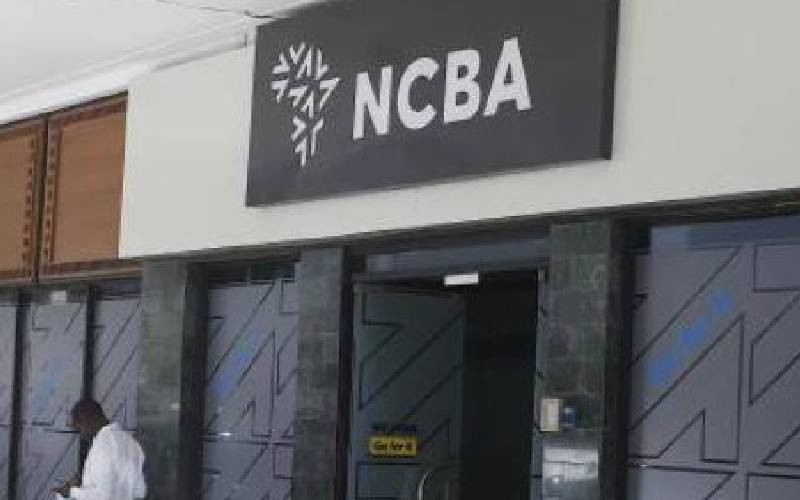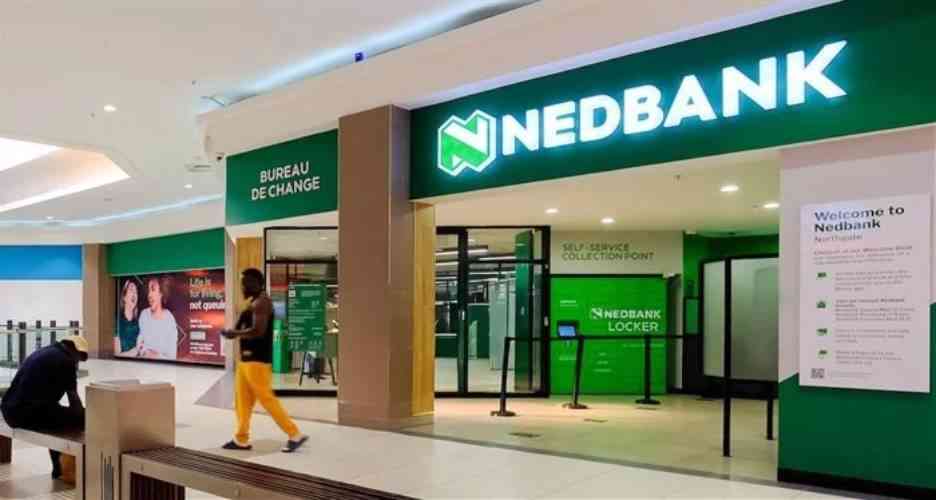×
The Standard e-Paper
Stay Informed, Even Offline
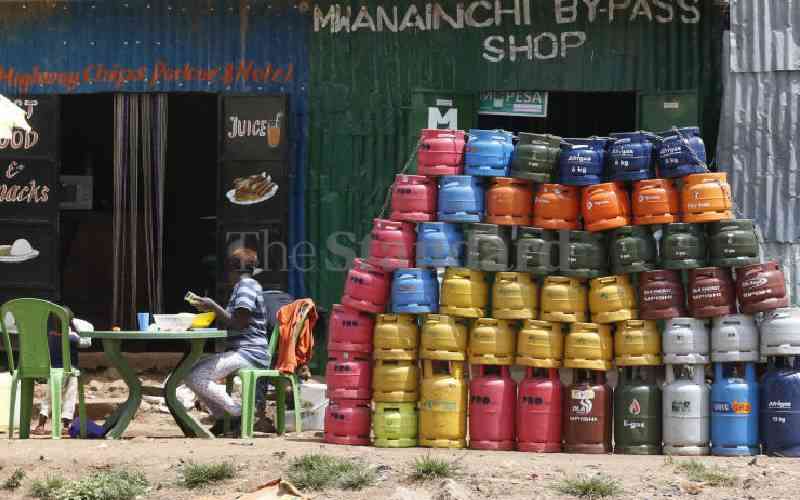
A section of the local cooking gas industry has protested against plans by the government to centralise the importation of the commodity into the country, noting that this could lock out many of the small players and slow down the momentum in the uptake of cooking gas.
They say without a government-owned LPG bulk storage facility, the entire industry would be compelled to rely on a privately owned facility where costs are not regulated.




